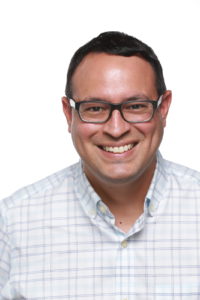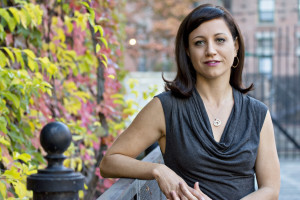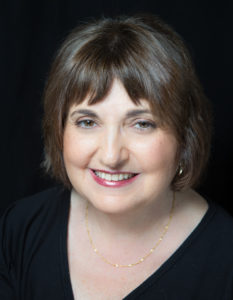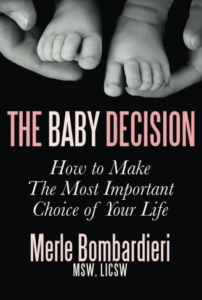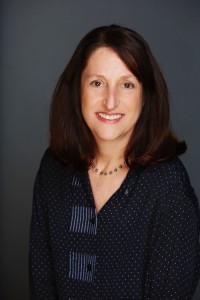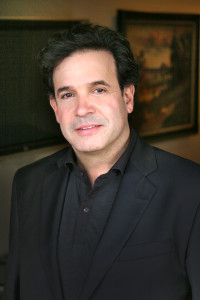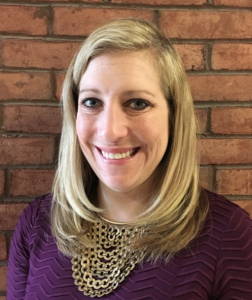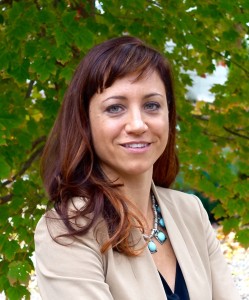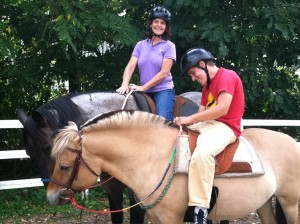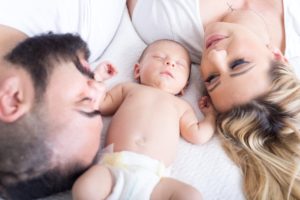
*For those who are too sleep deprived to read, skip to the Summary! We won’t hold it against you!*
This is a bit of a personal story that will help explain why our blog went radio silent in 2018. People say parenting is the hardest job you will ever face. Maybe it was my ego that was protecting me, saying: ah, but you’ve been through so much in life already. This can’t be any harder than moving to Japan without speaking the language. Or surviving years in academia where I burned the midnight oil for months on end. That’s the perfect preparation for having a baby. Well, it has been a busy year, as evidenced by not having posted a single blogpost! Sorry folks, the challenges of becoming a new parent really caught me off guard. :-))
So I return to share a personal story about how my husband and I managed to hack sleep-training. How is this related to genetic counseling? Easy. Your DNA functions differently when you are well rested. If you are sleep deprived (as most new parents are), that affects how your body turns genes on and off (for more information, look up “epigenetics of sleep” or click here). If you can manage to teach your child to sleep in an uninterrupted fashion, then you’re ahead of the game because you will both have better-regulated genes. This, in turn, will keep you in better health, helping your immune system fight the good fight. This will also help your body reduce stress, and can even help prevent cancer.
My husband and I had every intention of sleep training our baby, and getting him to sleep through the night in a traditional crib. We bought a natural mattress sans retardant chemicals and found a beautiful, unfinished crib at IKEA (it’s now used as a playpen, and still looks brand new). We were loaned a sidecar (bassinet that attached to the bed) from a friend (thank you Anna!) and used it for the first few weeks. But as time went on, it was easier to keep our son in bed with us, which allowed me to roll over to feed him. We were aware that it was risky, and it made us nervous at first (especially when he was swaddled), but we were desperate to get a few consecutive hours of sleep. If you’re a parent, I’m sure you can commiserate.
Co-sleeping (or bed sharing, or family bed) clearly has its perks. Not having to leave your comfy bed in order to feed a crying baby tops the list. There are studies showing that, contrary to popular belief, it might actually help reduce the risk of SIDS if you have a safe set-up. Co-sleeping is the norm in many countries around the world and is becoming increasingly popular in the US. This assumes a “safe setting”. In our case, we were not drinking alcohol, doing drugs, nor smoking tobacco, and we sleep on a firm memory foam mattress. We also moved out our fluffy comforters, replacing them with a few layers of cotton and wool blankets that we could arrange as needed. Lastly, we set up an audiovisual baby monitor so we could give ourselves warning when our son woke up. This became crucial when he learned to crawl at an early age (4.5 mo – sigh!) and we needed to monitor his positioning.
Our co-sleeping arrangement was working decently, but then our son hit his 4-month sleep regression, and we were dragging and desperate to hash out a new plan. Our friend Tracy and her husband told us they slept in shifts with their son, which was intriguing. My husband is the early bird (I’m the night owl) so we tried sleeping in shifts that best mimicked our natural sleep cycles. I would get into bed with the baby at around 9pm, allowing my husband to get solid early sleep by catching zzzz’s in our guest bedroom. After the last feeding finished at around 2am, and the baby was sleeping again, I’d shuffle into the guest bedroom and swap places with my husband. This became our new normal and worked well for about 4 months.
What we found remarkable was how well the baby slept when I wasn’t there. When the milk bar was shut down (ie, I wasn’t in the room), he had no reason to wake up. Was I a cause of his interrupted sleep? We thought about sleep-training him, but I couldn’t find a method that was appropriate for a family bed/co-sleeping situation. We either needed to quit co-sleeping, and get him adjusted to sleeping by himself in his crib and sleep-trained, or we needed to get creative.
When our son was 8 months old, we all caught colds, one after the other, at different times. I was the last to catch the bug, so I was coughing the hardest when the boys were both back in good health. One night, I suggested my husband sleep the whole night through with our son, so my coughing wouldn’t wake the baby up. He looked as nervous about it as I felt, but it was the only way we could all get decent sleep. What would happen if the baby woke up really upset he couldn’t nurse half the night? How would my poor husband manage to soothe him? (Side note: our son never accepted a bottle, thus feeding him wasn’t an option for my husband.) The plan was that in the morning, my husband would judge when the baby starts crying out of hunger and bring him to me to nurse in the guest bed. That night, the baby slept most of the night, waking up a couple of times, but not in ways my husband could not handle. All my husband needed to do was soothe him by carrying him a bit back and forth. Ironically, I think I slept worse than anyone because sleeping completely alone was a big adjustment and I worried about my boys that night.
Ten months later, we continue to sleep through the night, bedsharing. At the same time, we managed to avoid a cry-it-out method of sleep training. (I have nothing against CIO methods, but I didn’t think I had it in me, and we wanted to maintain our co-sleeping arrangement.) We finetuned our bedtime routine, which also helped all of us get better sleep. From dinner time till the baby goes to bed, we eat by candlelight and dim lights with red lightbulbs. The latter we implemented after we read a study on kids that demonstrated even brief exposure to white lights before bed (as brief as 15 min) can clobber their natural melatonin levels by 90%, and the melatonin level could not recover for hours later. Not only that, but I’ve finally succumbed to wearing rose colored glasses at night and they are AWESOME! Not only are they a great fashion statement (go Bono) but they really help me calm down before sleep. Even my mother now owns a pair and she reports feeling sleepy almost immediately after putting them on.
In summary, this is what our nightly routine looks like:
6pm – dinner by candlelight
7pm – bathtime (dimmed lights)
7:30 – baby-led play and last nibbles
8pm – hubby reads to the baby till he falls asleep in his sleep sack, covered with an additional blanket
9-11 – adult time: don the rose-colored glasses for TV/computer screens!
11pm – 6am – boys sleep in our queen sized bed; I sleep in our guest bedroom
6am – boys wake me up to switch beds. I feed the baby and stay with him in bed till he wakes up, sometimes as late as 9am
Our system is still a full commitment to co-sleeping, but our own iteration of it. While the baby (practically) never sleeps alone, each parent gets time to themselves and gets to sleep solo. The result? Our son is a very happy, cuddly little person and we are all benefitting from decent rest.
If you are co-sleeping, too, we want to hear from you. What is working for your family? Shoot us an email kayla@vibrantgene.com or write a comment below.
http://
http://

